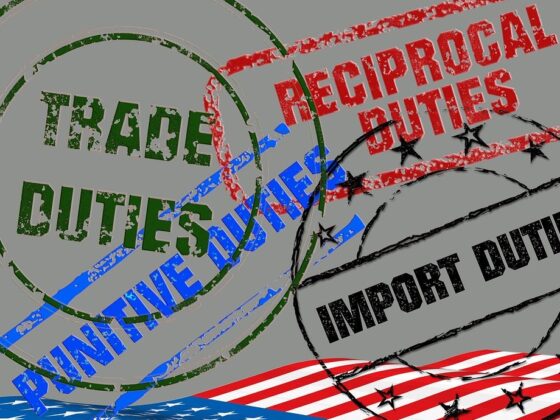In my last post I mentioned the challenge of building a high performing team from the raw material of a multi-generational workforce. One of the hallmarks of a high performance organization is the ability to innovate and adapt. Said another way, they possess the willingness to fail quickly en route to success. These are groups that apply their collective creativity to take intelligent risks.
I believe every member of every team has formulated at least one good idea over the past 12 months. Something that would enable their organization to produce output better, faster, or cheaper. Something that none of their competitors is doing. I also believe these ideas may not apply to the team members’ direct area of responsibility.
So why isn’t every team a veritable idea factory, awash in a sea of innovation? Fear. An emotion that prevents so many of us from achieving individual glory also saps the potential from otherwise stellar teams. The fear I’m talking about comes in three flavors:
- Fear of rejection. “Gee, why don’t we ship a live turtle with every product?”
- Fear of additional workload. “Great idea! You’ll be responsible for care and feeding of the turtles until they’re shipped.”
- Fear of failure. “His career never recovered after The Great Turtle Disaster. Remember that smell?”
Idea factories have figured out ways to overcome these fears, beginning with simply acknowledging they exist. I remember stories coming out of Redmond, Washington many years ago about the great parties Microsoft would throw every time they pulled the plug on a failed project. Supposedly, these were celebrations of the teams’ entrepreneurial spirit and a recognition that not every idea will turn out to be the next Windows Vista. (Cheap shot acknowledged.) True or not, this is a great example for those of us who need to unleash the creative potential of our teams.
A final word on ideas: Some are just plain dumb. This is where intelligent risk taking becomes vitally important. Even so, quirky ideas can lead you in interesting directions … like the kid who told his mom he was building a personal computer. Her reaction? What on earth would anybody use it for? That turned out to be a very interesting question indeed.
PayReel’s clients, who are some of the biggest companies in the world, are constantly immersed in the chaos of producing multimedia content or executing live events. PayReel makes sure they have the right contractors at the right time in the right place, and that everyone gets paid properly. And, most importantly, they handle every last detail perfectly while making sure their clients think nothing of it. Relax. We got it.






